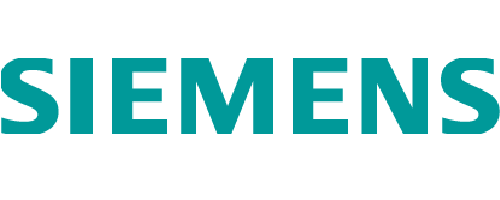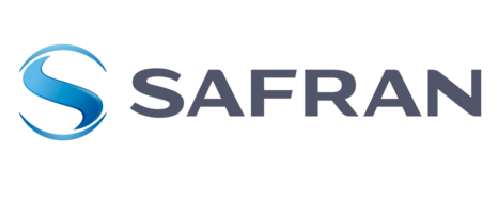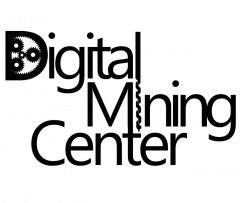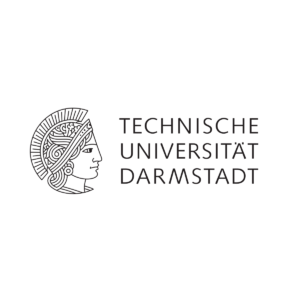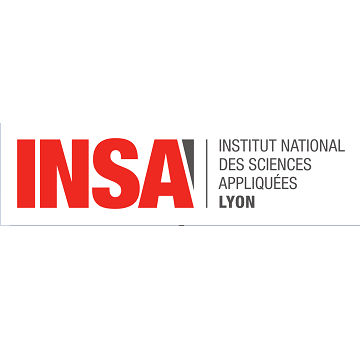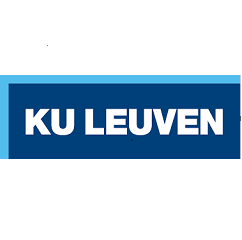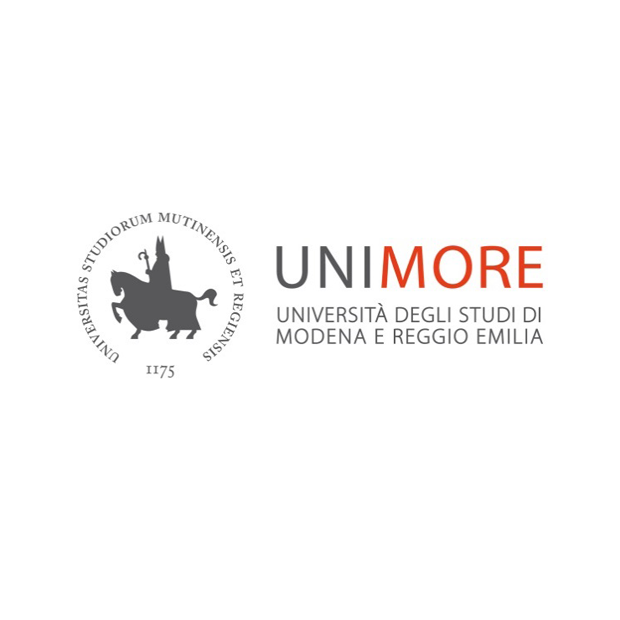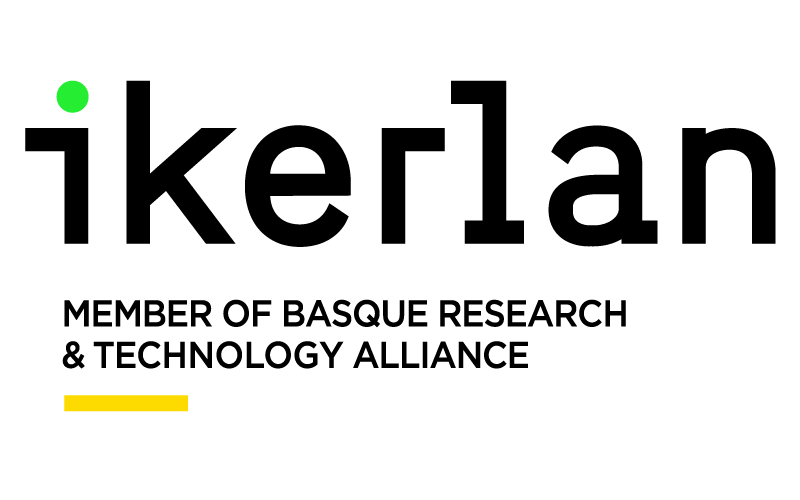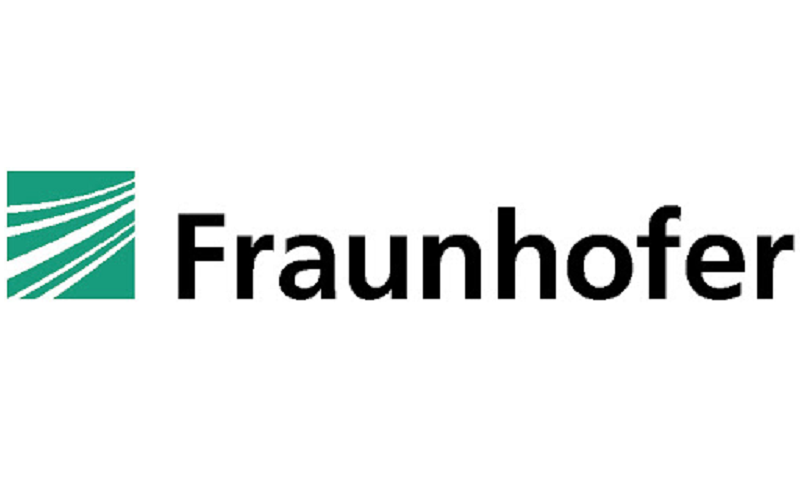MOIRA project (MOnItoRing of large scale complex technologicAl systems) brings together early stage researchers and experienced specialists from key players in academia and industry across Europe covering different scientific disciplines and industrial stakeholders from a broad range of backgrounds to shape proffesionals able to face challenges of the era of Big Data .
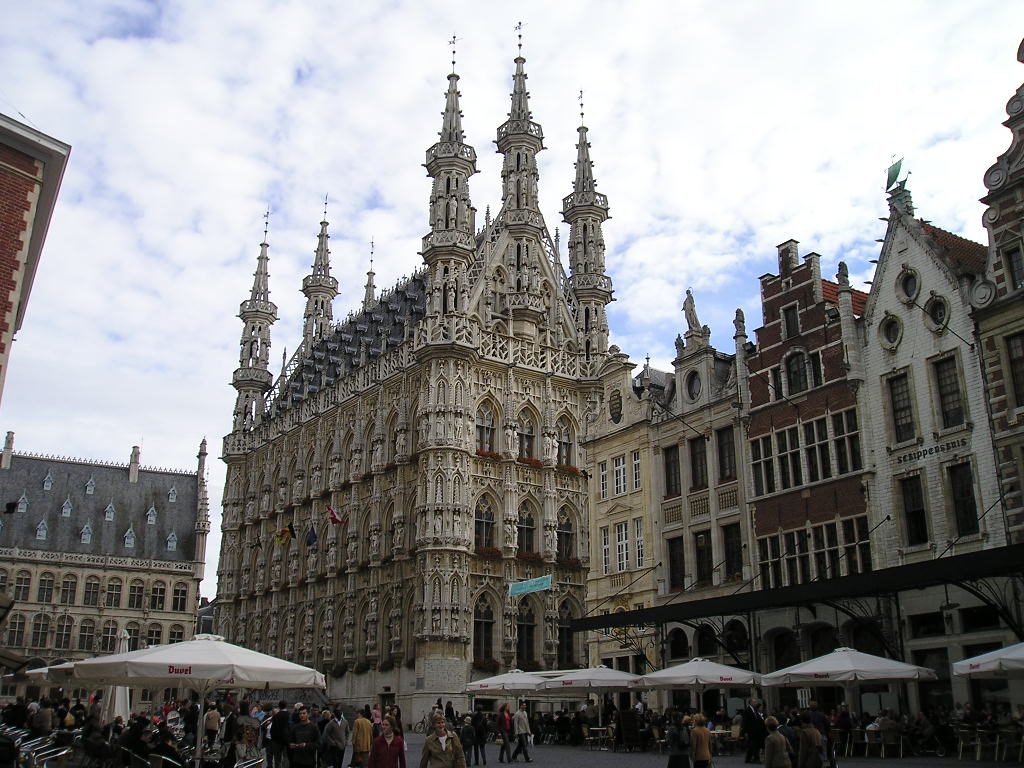
The objective of the MOIRA project is to develop the next generation of knowledge discovery methodologies, algorithms and technologies, so enabling data-driven, plant-wide fleet monitoring, with the focus on real-time diagnostics and prognostics.
The main tasks in which WUST is involved:
ESR9 will focus on the analysis of long-term, heterogeneous, historical big-data from time-varying systems operating under impulsive, non-Gaussian noise. Mining machines are very specific: unique, complex and designed for heavy duty, they operate under non-stationary conditions, they can experience multiple faults and they are frequently overloaded (especially during start-up or emergency stops). The condition monitoring of these machines is complicated. Often, diagnostics measurements are affected by the environmental conditions (temperature) and impulsive disturbances (impulsive noise). The monitoring of such machines requires the processing of a huge number of different variables and the nearly online validation and processing of data. The ESR will develop methodologies in order to extract and exploit the knowledge about the evolution of the monitoring process, exploiting information from different types of sensors and signals.
Innovative aspects: Development of novel modelling/analysis/separation approaches for long-term, big Data, heterogeneous processes for condition monitoring with a focus on non-stationary operation and heavy-tailed, non-Gaussian noise.
ESR14 will develop methodologies to fuse and exploit information extracted from heterogeneous data, including vibration, temperature, images, sound and local environmental parameters, captured by inspection robots, for monitoring and diagnosing machines and infrastructure (electric cables, pipelines, structures) used in deep mines. Due to the harsh environment and natural hazards (gas and rock outbursts, seismic risks), the future of mining is related to introducing fully automated machinery and robotic inspection systems in order to minimize the risks for humans. The development of mining-inspection robots equipped with various types of sensors, including microphones, accelerometers, temperature/humidity/gas sensors and cameras, will provide a massive and heterogeneous amount of data gathered under harsh mining conditions.
Innovative aspects
: Development of data-fusion techniques for the exploitation of
heterogeneous data captured by robotic devices for monitoring of mines.
| Duration | 1 March 2021 – 28 February 2025 |
| Partners | – Leuven.Inc vzw – Tetra Pak Packaging Solutions S.p.A. – Technische Universität Darmstadt – University of the Basque Country |
| Beneficiaries | – Katholieke Universiteit Leuven – Institut National des Sciences Appliquées de Lyon – University of Oxford – Cranfield University – Luleå University of Technology – University of Modena and Reggio Emilia – Wroclaw University of Science and Technology – Fraunhofer-Gesellschaft – IKERLAN – SIEMENS Industry Software NV – SAFRAN SA – AMC VIBRO |
| Budget | € 3 958 164,36 |
| Funding | European Union’s Horizon 2020 Skłodowska-Curie grant agreement n° 955681 |
Find out more – https://h2020-moira.eu/.

This project has received funding from the European Union’s Horizon 2020 research and innovation programme under the Marie Skłodowska-Curie grant agreement n°955681.
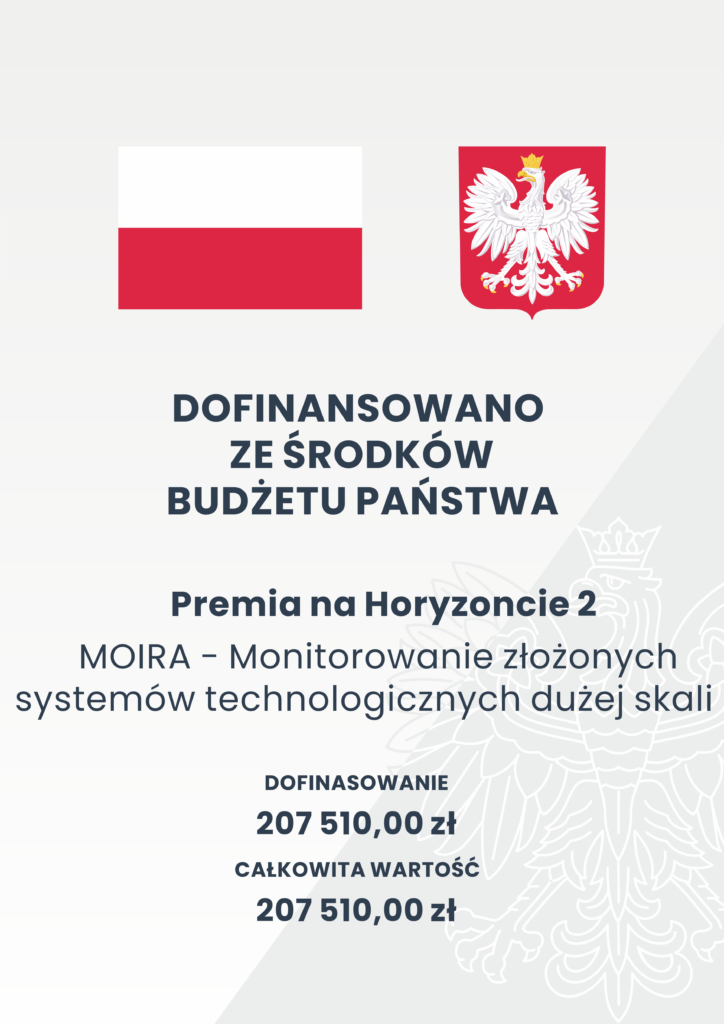
Project partners:
